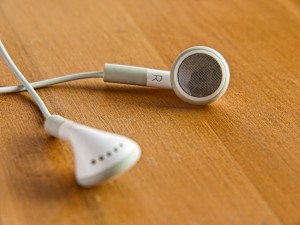Hearing loss in later life occurs as a result of several factors . Sociocusis is the name used to describe accumulated effects that living in modern society has on our hearing.
- Loud noise
Difficult to avoid sometimes, drills, car horns, music, fireworks etc. Every time we hear a loud noise our ears lose a few more of the tiny hair cells and cease to function properly or die. Slowly we begin to lose our hearing.
This can take many years. Often it is only when we are older that we begin to notice that our hearing is not as acute as it once was and we simply put it down to ageing.
- Stress
The second factor that reduces the effectiveness of our hearing is stress. Stress and tension not only damages our health but also our hearing.
The tiny hair cells in our cochlea are like other cells in our bodies. They need an adequate supply of blood carrying nutrients and oxygen to them in order to remain healthy.
Stress causes our blood vessels to narrow which in turn reduces the amount of blood that can pass through them. cells are particularly sensitive to the results of stress. When we are stressed, they don’t get enough of the oxygen they so desperately need through the minute capillaries that supply them. As a result, they get weakened and even die.
Typically, the longer we live, the more stress we have experienced—hence the reason for hearing loss in later life, the older we get the worse our hearing becomes.
- Medications.
There are many drugs and medications that can damage our ears. The problem is the older we get the more likely we are taking more medications and what helps one condition damages hearing.
Visit Action on Hearing to find out more and about what help is available.

